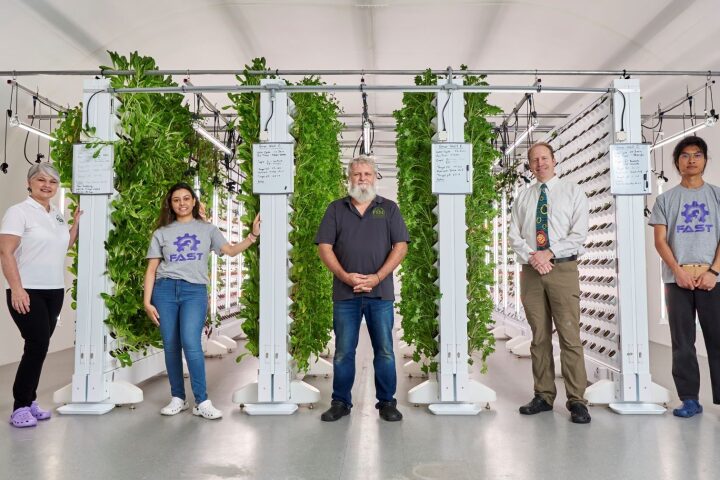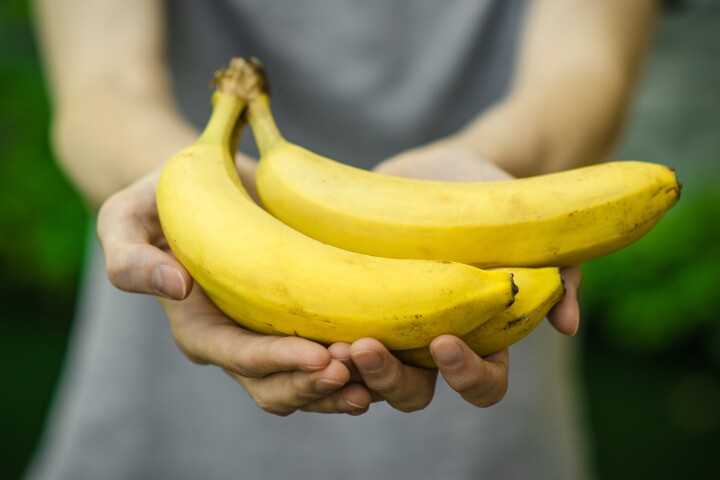Fruit
-
If an apple a day keeps the doctor away, then a new study says upsizing to a fruit salad is even better – by drastically lowering the risk of age-related depressive symptoms. It's the latest in a growing body of evidence linking fruit and mental health.
-
Canadian researchers have embarked on a mission to produce year-round berry crops pretty much anywhere. The Agrotunnel vertical farm provides optimum growing conditions monitored by AI, and meets electricity needs with proprietary solar panels.
-
14% of American adults are affected by chronic kidney disease – and anyone in that category should be very careful about how much watermelon they eat. A new series of case studies examines how a favorite fruit can cause life-threatening issues.
-
Much as we may like sun-dried tomatoes, they're typically pretreated with sulfur dioxide or salt before the drying process, which may be carried out in an oven. By contrast, a new type of cherry tomato has been bred to dry right on the vine.
-
Blueberries and other fruits are quite prone to fungi such as gray mold, whereas sunflowers are resistant to them. With that fact in mind, scientists have now used an extract from waste sunflower stems to keep such fruits from molding.
-
By comparing the bacteria found in fruits and vegetables to those found in the human gut, researchers have demonstrated, for the first time, that consuming fruits and vegetables contributes positively to the bacterial diversity of our gut microbiome.
-
The spotted-wing drosophila is a type of fruit fly that can destroy berry crops if not killed by insecticides. According to a new study, the smell of a crop-damaging fungus could provide an eco-friendly alternative to such toxic chemicals.
-
We know a diet rich in fruit and vegetables has broad health benefits. Now, a new study says that prescribing free fruit and veg to adults with type 2 diabetes could prevent 296,000 cardiovascular disease cases and save billions in health-care spending.
-
It may be delicious and healthy, but fruit is frustratingly fickle, often going bad quickly in the fridge. Now, researchers in Thailand have developed an invisible, edible coating made with cannabidiol (CBD) that can preserve fruit for much longer.
-
Fusarium fungus once decimated the world’s dominant Gros Michel bananas, so much so that the Cavendish variety became the global go-to. Now, as a new strain threatens its survival, approval of the very first GM Cavendish could prevent "bananageddon."
-
You may have noticed that strawberries grown in your garden, or at organic farms, tend to be tastier than the regular supermarket variety. According to a new study, the use of commercial fungicides may be to blame.
-
Scientists at the University of Florida Institute of Food and Agricultural Sciences have discovered eight natural sweetness-enhancing compounds in citrus fruits. The research suggests these molecules may be useful as sugar substitutes in food.
Load More











